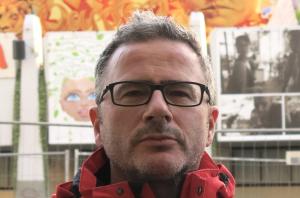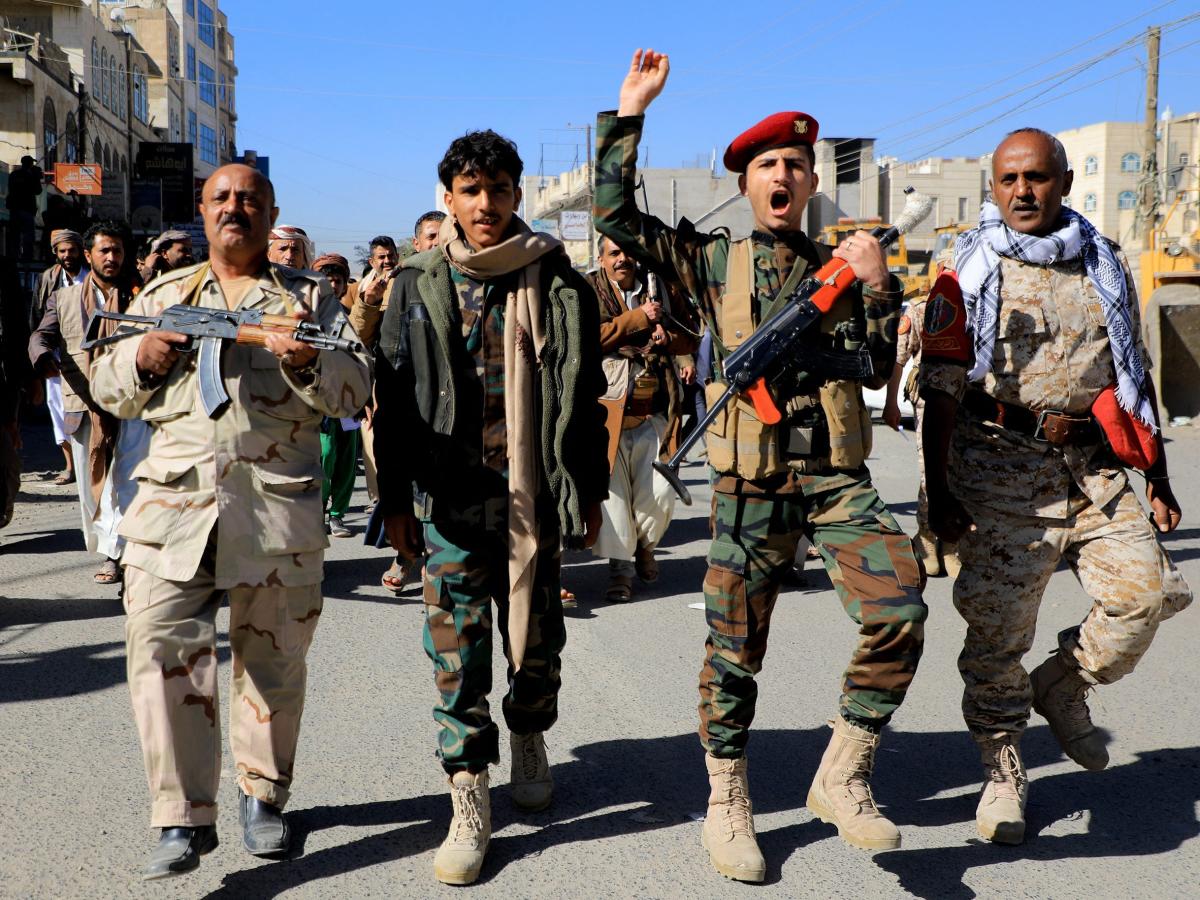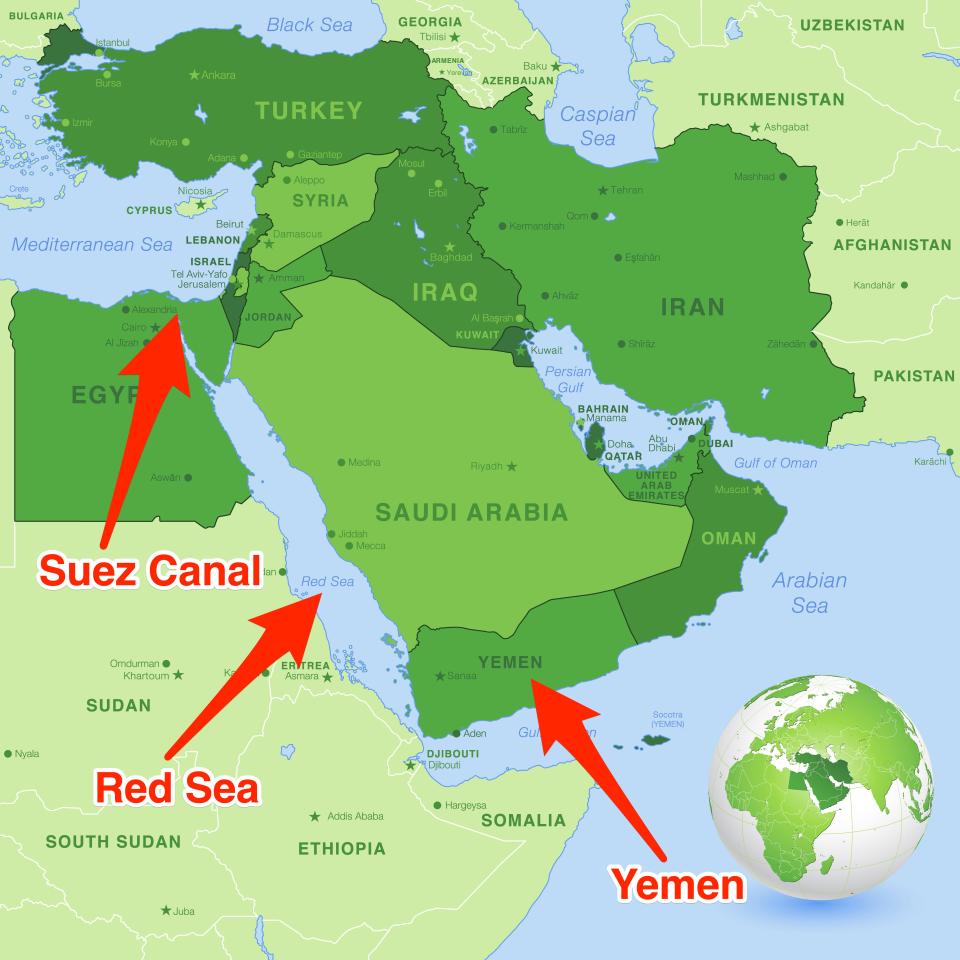While cross-strait relations remain an overarching theme in Taiwan’s presidential and legislative elections this weekend, many young voters are preoccupied with domestic issues, such as low wages and housing, that preoccupy them as much as or even more than the threat of an invasion by the People’s Republic of China. FRANCE 24 met with several of them.
Some 19.5 million Taiwanese are eligible to vote in the island’s presidential and legislative elections on Saturday, January 13. Some 2.8 million, or 15 percent, are aged between 20 and 29 years old.
Voters will determine Taiwan’s next leader from among three candidates: the Democratic Progressive Party (DPP)’s Lai Ching-te, the Kuomintang (KMT)’s Hou Yu-ih and the Taiwan People’s Party (TPP)’s Ko Wen-je.
Incumbent President Tsai Ing-wen from the pro-independence DPP is due to step down at the end of her second consecutive term in May.
Read moreTaiwan’s presidential election: Who are the candidates in the high-stakes vote?
Despite not being a large enough cohort to determine the outcome of an election, young people nevertheless represent a sizable chunk of Taiwan’s electorate capable of tipping the scales in a neck-and-neck race.
With less than a day to go before the election, political groups have called on young people to return home and vote.
Taiwan’s voting system relies on household registrations to determine voter eligibility. Despite moving to other cities for work and study, many young Taiwanese remain registered in their home town, so they must return in order to vote.
While many have already bought tickets and packed their bags for the weekend, some remain uncertain whether they’ll cast their ballots on Saturday.
Eligible youth participation in the past two elections ranged from 56.3 to 72.7 percent.
Stagnant wages
“I still haven’t decided yet if I’m going to vote … if I do, I’ll take the bus first thing tomorrow morning,” said Wang Miao, a 25-year-old woman working in Taipei’s IT sector.
Wang’s hometown is in Kaohsiung, a southern port city over 400km from the capital.
“The thing is, I don’t feel like the elections are going to change anything … Wages are low, and inflation is still high,” she said.

While median wages in Taiwan grew 2.37 percent in 2023, average consumer prices increased by 2.5 percent over the same period, outpacing wage growth.
“My company gave us a 1.5 percent raise last year, which is ridiculous compared to inflation,” said Xu Jing-chen, a 29-year-old engineer working in Hsinchu, a city southwest of Taipei.
On the way back home to the coastal city of Tainan, Xu said he feels frustrated at the current politics because the available options seem unlikely to resolve the issues that young people face.
“They’re all talking about raising the minimum wage, but I don’t make the minimum, so how does that affect me? I’m only voting out of civil duty … As far as I can tell, none of the candidates are offering any concrete solutions to improve our lives,” he said.
While Lai proposes to increase the monthly minimum wage of publicly traded companies’ employees to 30,000 New Taiwan Dollars (NTD) (or €880.40), Hou proposes a general hike of minimum wage to NTD 33,000 (€968.70) from the current NTD 27,470 (€806.37). Both are significantly lower than the NTD 43,166 (€1265.13) median wage in Taiwan.
“The only option for me, if I want to increase my salary, is to move abroad, maybe to the US. But my parents are here, my home is here,” Xu said.
Hoping to start a family with his girlfriend, Xu said he has been looking to purchase an apartment in Hsinchu.
Unaffordable housing
“The market is crazy. A simple two-bedroom can cost over NTD 10 million (around €292,000), and that is without a parking space!” Xu said.
Due to low interest rates, tax cuts and market speculation, housing in Taiwan is notoriously unaffordable, with an average unit costing over 9 times the median annual wage, far exceeding the affordable price-to-income ratio of 3 times the annual wage recommended by the UN.
Other young Taiwanese also voice housing concerns.
Wu Qian-hue, a 26-year-old graduate student working part-time and living with her parents in the suburbs of Taichung, a bustling city in central Taiwan, said soaring rents have prevented her from moving out.
“What’s the point? I can barely pay for my daily expenses and that’s it. I barely have any savings, everything I make goes to pay my bills. There’s nothing left at the end of the month. Living with my family helps me avoid getting into debt,” she said.
“One day I’d like to have a place of my own, but for now it’s a dream,” Wu said, lamenting her city’s high housing costs.
“Everything’s more expensive now … House prices in Taipei are crazy. For now, I can only afford to rent. I’m glad [that] I receive a subsidy for it,” said Pheonix Hung, a 27-year-old artist working in Taipei.
Hung added that she plans to vote for Lai in the upcoming presidential election because of his party’s policies on housing, which introduced rent subsidies for single people and households with young children in 2019.

Computer science student and first-time voter Sung Zhi-ming, 22, said he chose to remain in accommodations provided by his university, where he shares a room with three other students, because of high rents.
“I don’t really have a choice. It’s either this or back home, which is too far to commute every day,” said Sung, who comes from Hualian, a city on Taiwan’s east coast.
Sung said he plans to vote for the Taiwan People’s Party’s Ko Wen-je, a candidate popular among younger generations for his outspoken manner and focus on domestic issues.
Both Ko and Lai propose to tax vacant properties to encourage owners to put them on the rental market.
Cross-strait relations
But Taiwan’s relations with its giant neighbour remain at the forefront of some young people’s minds.
Sung, who finished his military service last year, said he’s worried about a potential Chinese invasion.
Taiwan requires all male citizens of military age to serve for four months in the national army, a period that was extended to one year starting in 2024.
“I know we hear about it all the time, Chinese drills, Chinese balloons and Chinese ships in the Taiwan Strait, and we’re all kind of numb, by the end of the day … but at the same time, you can’t not think about it,” he said.
Read more‘People don’t want to talk about war’: Taiwan civil defence battles invasion risk denial
Sung said he plans to vote for the KMT, a party that favours closer ties with Beijing, in Saturday’s legislative election.
“My parents have always voted for the KMT. … We feel like they are more capable of making peace with China. We don’t want a war,” he said.
While echoing Sung’s sentiments, Wu said she prefers to vote for the DPP.
Although both parties aim to maintain the status quo, the DPP differs from the KMT ideologically in that it rejects the “One China” principle. The “One China” principle is a de facto consensus between mainland China and the KMT that only one “China” exists, without the sides agreeing about which country is the “real” China.
“They’ve [the DPP] managed to safeguard Taiwan’s independence, despite the pressure from China … We can’t appease China forever; we have to stand up for ourselves,” she said.
“Of course, I worry about war, but what can you do? It’s not really up to us whether China will invade or not, is it?” Wu said.
“At the end of the day, you just have to live with it and carry on,” Wang said.
“The threat of invasion isn’t going to go away any time soon, but that doesn’t mean we can’t care for other issues. We have all sorts of problems, and China is not the biggest one,” she said.






































